 |
 ABOUT ABOUT
 APIACTA APIACTA
 BOOKS BOOKS
 OTHER PUBLICATIONS OTHER PUBLICATIONS
 SELECTED PAPERS
SELECTED PAPERS
 APIMONDIA PUBLISHING HOUSE APIMONDIA PUBLISHING HOUSE
 NEWS and EVENTS NEWS and EVENTS
| |
 APIMONDIA launches its new digital platform!
APIMONDIA launches its new digital platform!
https://apimondia.org
Official EBA Position on the MERCOSUR Agreement and
Its Impact on European Beekeeping.
Brdo pri Lukovici,
January 09. 2026.
URGENT response -
Ageing of Beekeepers Questionnaire.
Prot. no. 6221, Rome, 14 October 2025
49th APIMONDIA
International Apicultural Congress,
23 - 27 September, 2025, Copenhagen,
DENMARK
Invitation to Apimondia members to present national and traditional honey in
The Global Honey Bar
at the Apimondia congress in Copenhagen in September 2025
Invitation to the
1st B-THENET International Event for Beekeepers,
Copenhagen, DENMARK, 26 September 2025
Apimondia Newsletter | July 2025 | www.apimondia.org
Submission of candidatures for the vacant positions of the Apimondia Executive Council, Rome, 5 June 2025
Apimondia Newsletter | May 2025 | www.apimondia.org
Apimondia Newsletter | April 2025 | www.apimondia.org
CALL FOR SUPPORT FOR DOCUMENTARIES ON BEEKEEPING.
An interesting initiative where APIMONDIA is involved to further promote and give visibility to the beekeeping sector worldwide.
Apimondia Newsletter | December 2024 | www.apimondia.org
Apimondia Newsletter | November 2024 | www.apimondia.org
BeeLife - Press Release -
New Report on EU Law and Deregulation of GMOs in Europe
Apimondia Newsletter | September 2024 | www.apimondia.org
The Third Issue of the European Beekeeping Association e-Magazine is Now Available!
https://ebaeurope.eu/the-third-issue-of-the-eba-magazine-no-bees-no-life-was-published/
Invitation and letter to Join the European Beekeeping Association (EBA)
Slovenia, August 24, 2024
PRESS RELEASE
European Beekeeping Association (EBA)
Beekeepers' Call to Consumers:
LET'S PUT AN END TO FAKE HONEY TOGETHER!
Slovenia, August 1, 2024
The Second Issue of the European Beekeeping Association e-Magazine is Now Available!
https://ebaeurope.eu/the-second-issue-of-the-eba-magazine-no-bees-no-life-was-published/
Apimondia Newsletter |
July 2024 | www.apimondia.org
First Issue of the European Beekeeping Association
e-Magazine is Now Available!
https://ebaeurope.eu/the-first-issue-of-the-eba-magazine-no-bees-no-life-was-published/
European Beekeeping Association (EBA).
First Brochure
APIMONDIA Video and event | May 2024
Apimondia Newsletter |
January 2024 | www.apimondia.org
Apimondia Newsletter |
November 2023 | www.apimondia.org
World Bee Day 2023
Friday 19 May 2023 |
10.00 - 11.30 CEST
Sheikh Zayed Centre, FAO Headquarters,
Rome, Italy
The International Symposium on
Biosecurity in Beekeeping
18 May 2023
14:00-16:00 CEST | Hybrid | Rome, Italy
Apimondia Newsletter |
February 2023 | www.apimondia.org
APIMONDIA
48th International CHILE
Apicultural Congress 2023,
September 4th - 8th, 2023
BeeLife - PRESS RELEASE - The EU Bill for Pesticide Reduction Target is under threat, and so too the liveable future of this planet.
BRUSSELS, BELGIUM,
14 Dec 2022
BeeLife - PRESS RELEASE - 1 million valid signatures to Save Bees and Farmers
Brussels, Belgium, 10 October 2022
Survey to monitor the level of knowledge and awareness on Good Beekeeping Practices, Antimicrobial Use and Antimicrobial Resistance

47th APIMONDIA International Apicultural Congress, August 24-28, 2022, ISTANBUL, TURKEY
6 March 2022
From: APIMONDIA
International Federation of Beekeepers' Associations
To: Apimondia Members and beekeepers worldwide
Mierea de albine.
Stiati ca...
Inteligenta albinelor ii uluieste pe oamenii de stiinta. Cum au fost invatate sa numere si sa recunoasca chipuri umane
MASA ROTUNDA & CONFERINTA PRESA:
Impactul utilizarii insecticidelor neonicotinoide asupra populatiilor de albine,
24 februarie 2022, orele 10.00, in sistem on-line
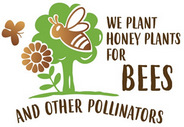 The "Bee Forage Planting Day 2022" will soon be here.
The "Bee Forage Planting Day 2022" will soon be here.
BeeLife - PRESS RELEASE
EU Member States throw sand into the wheels of transparency and meeting pesticide reduction targets by 2030.
Brussels, 2 February 2022
HONEY: healthy or life-threatening food.
When honey can become carcinogenic.
MIEREA DE ALBINE, de la aliment sanatos la unul otravitor.
In ce conditii poate deveni cancerigena.
Recenzie Prof. Dumitru CURCA:
"Dr. Florin Begnescu (1880-1949) personalitate marcanta a medicinii veterinare, deschizator de drumuri pentru apicultura romaneasca - o fila importanta in istoricul albinaritului".
Cercul Farmacistilor din Bucuresti (A.C.F.B.) in parteneriat cu F.I.I.T.E.A.
organizeaza seria 2021 de Cursuri de Terapii complementare
Digital Books:
www.fiitea.org/foundation/
books.html
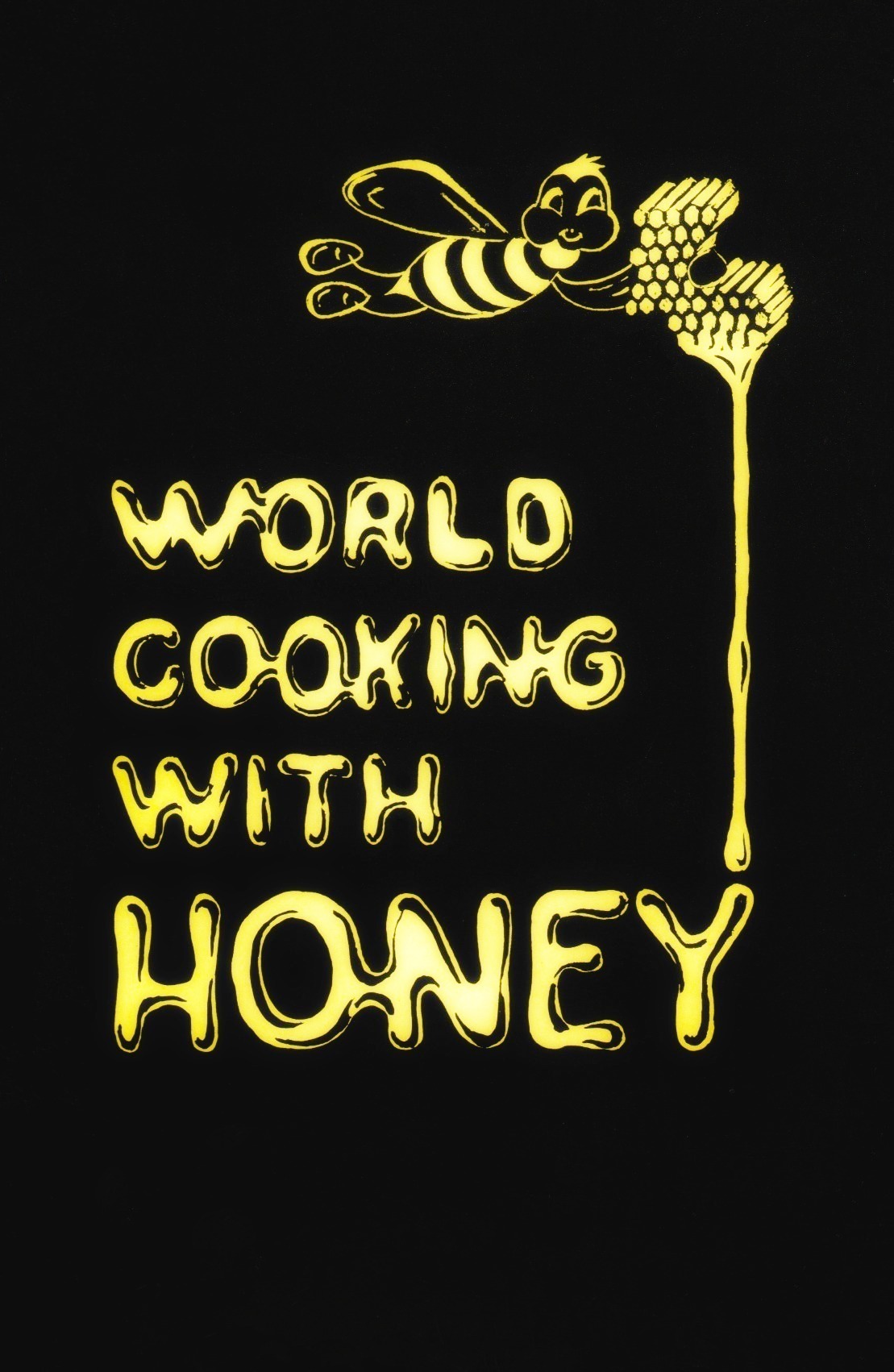
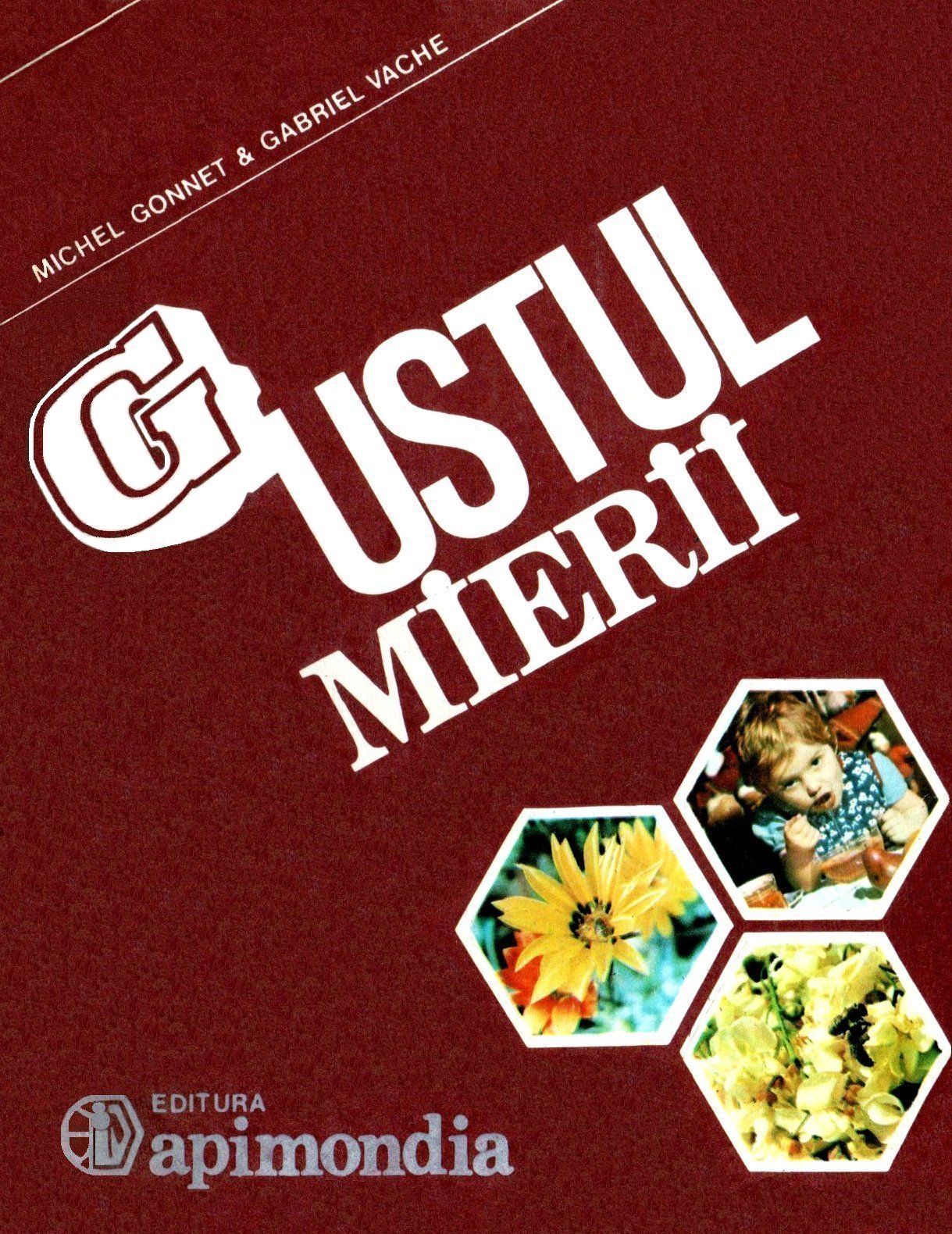
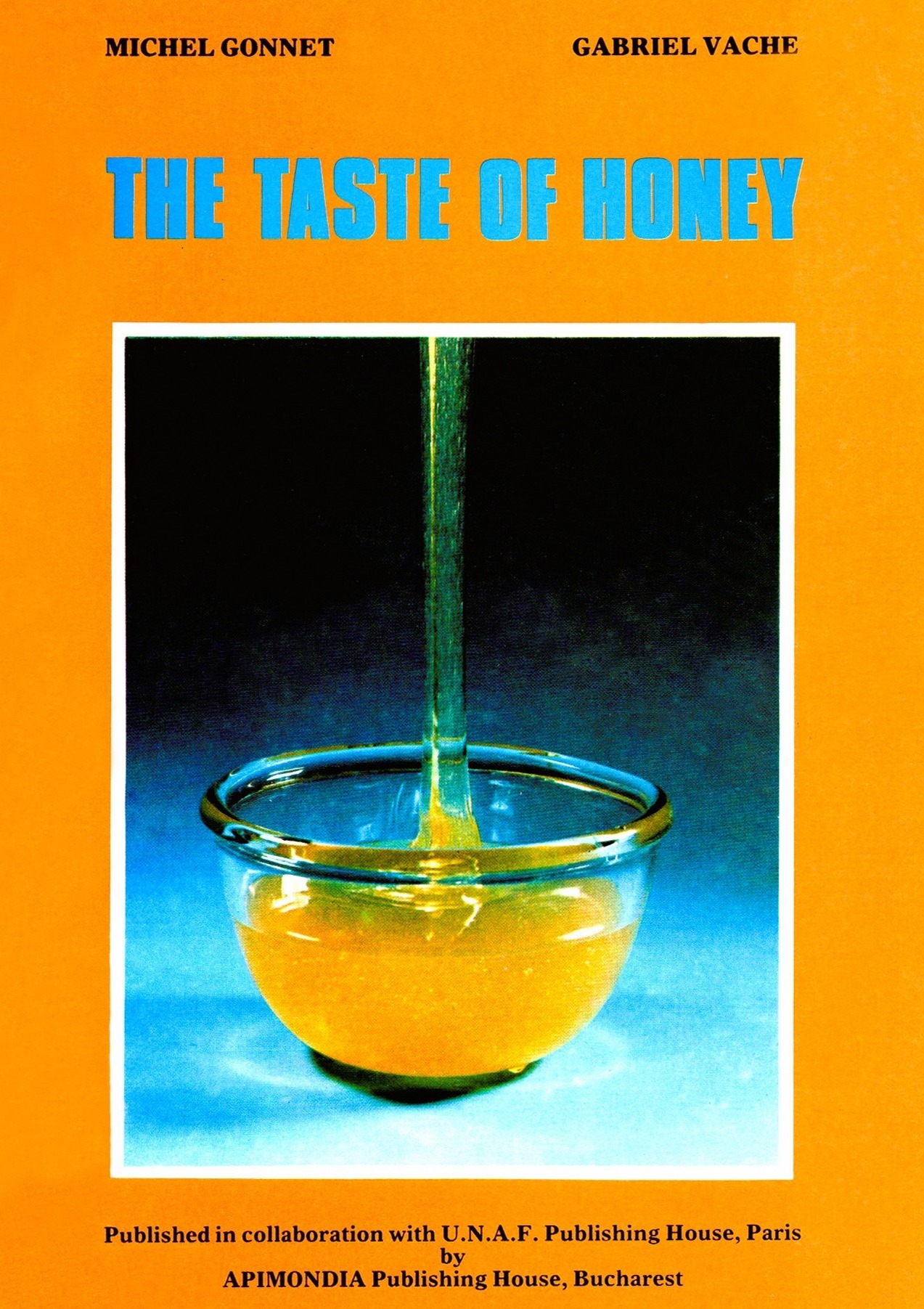
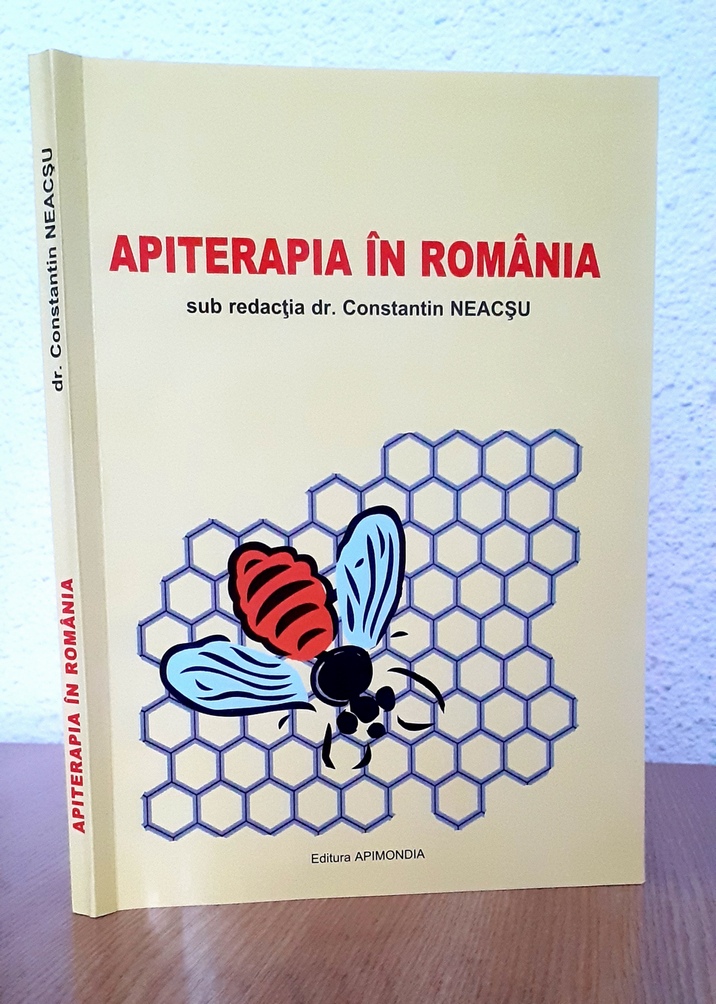
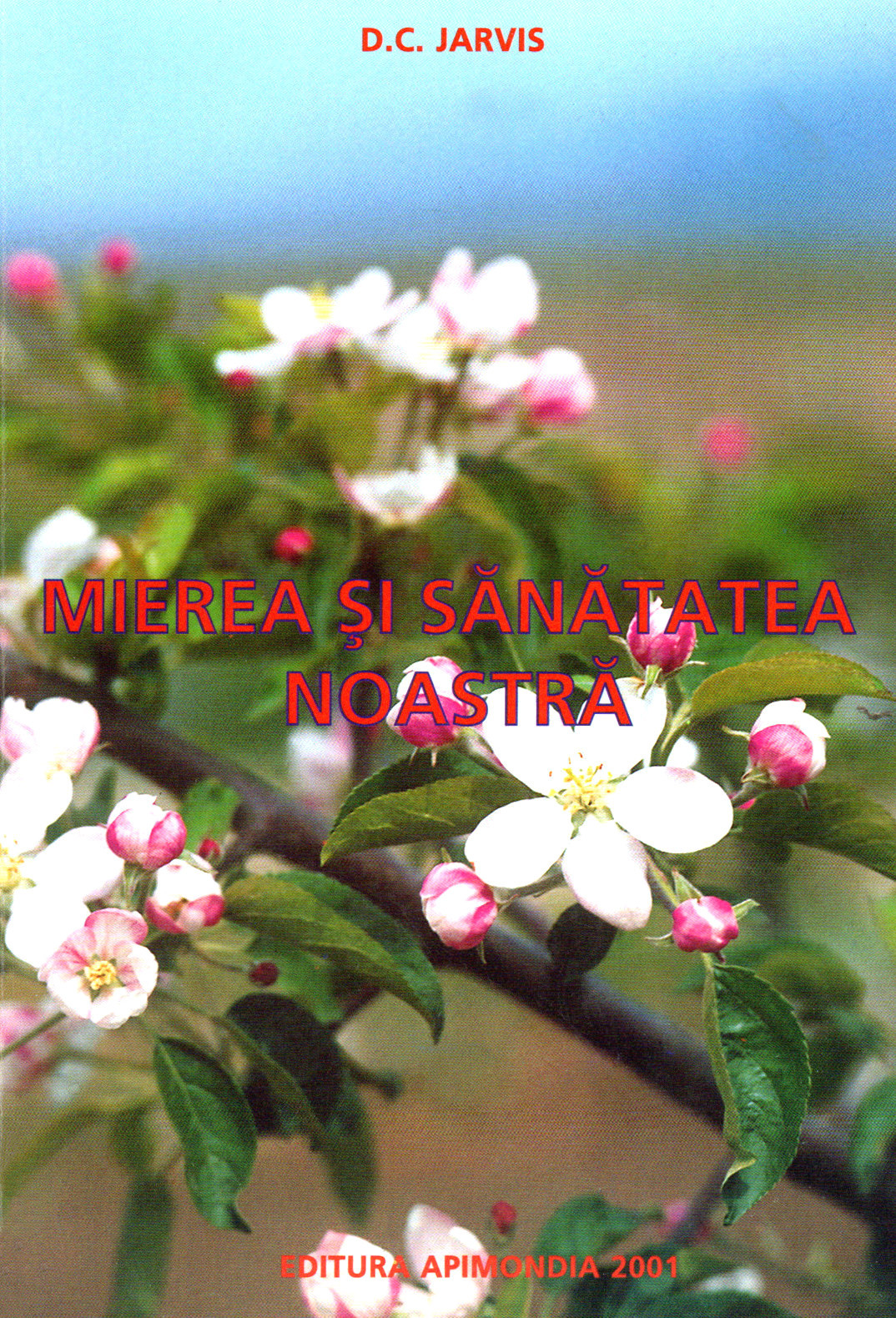
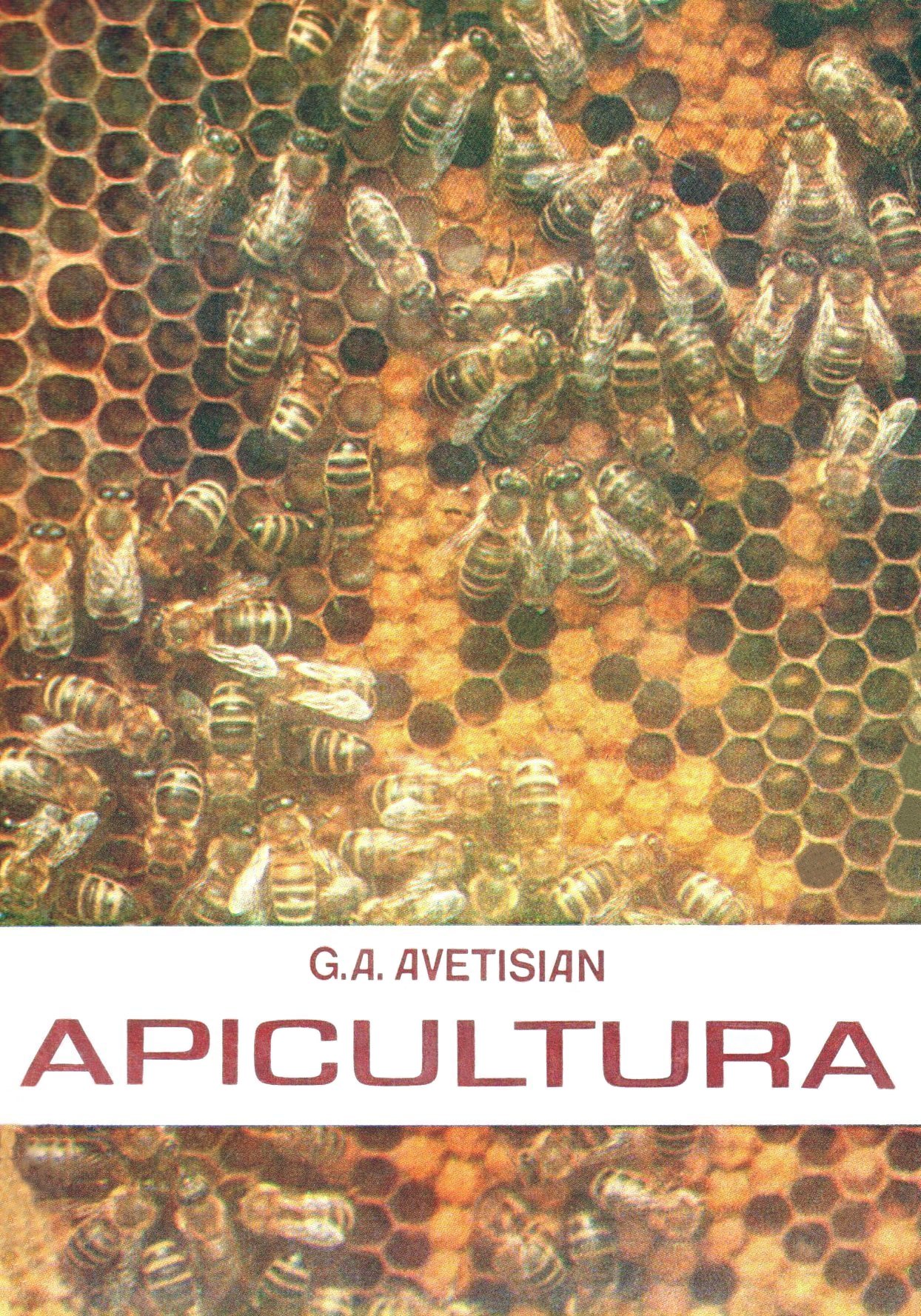
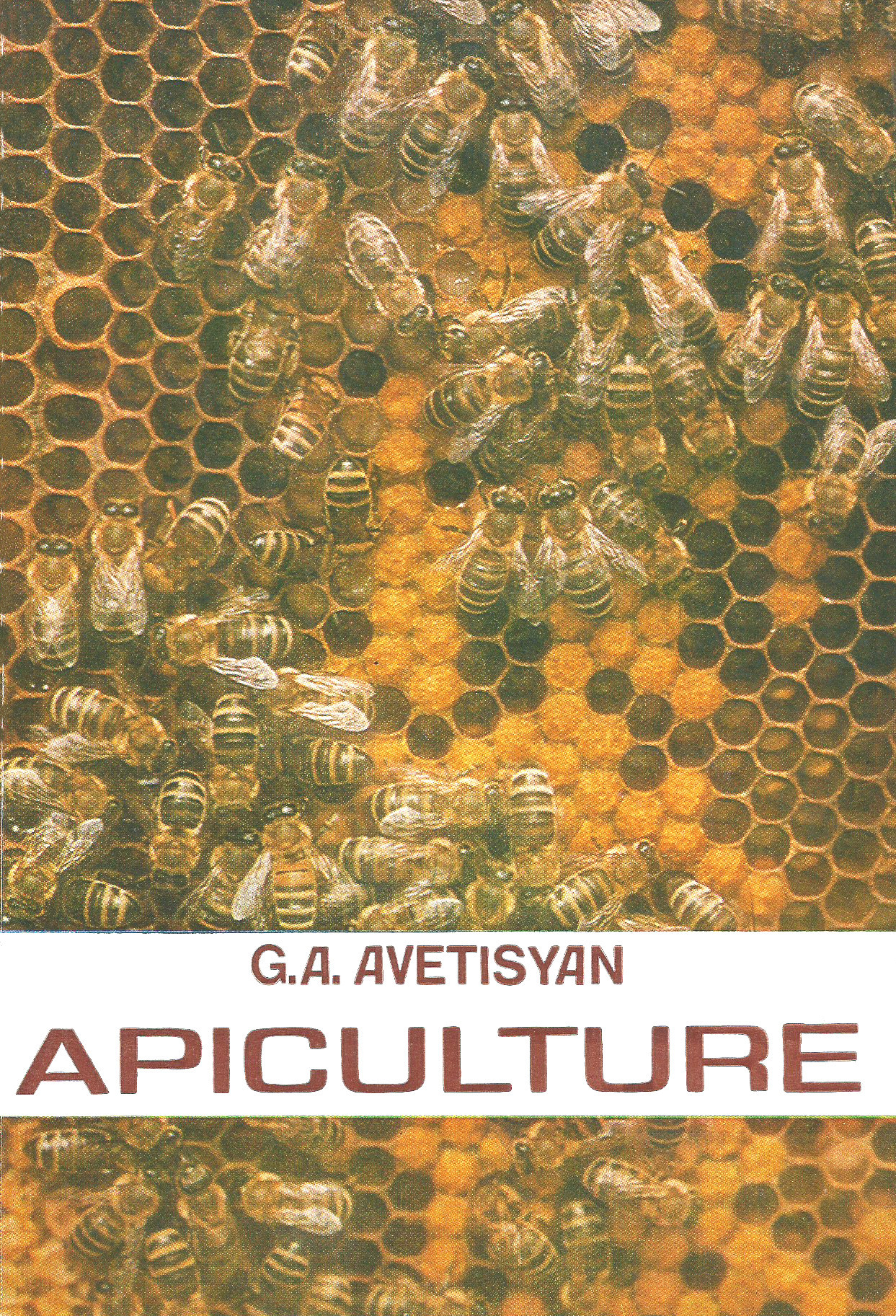
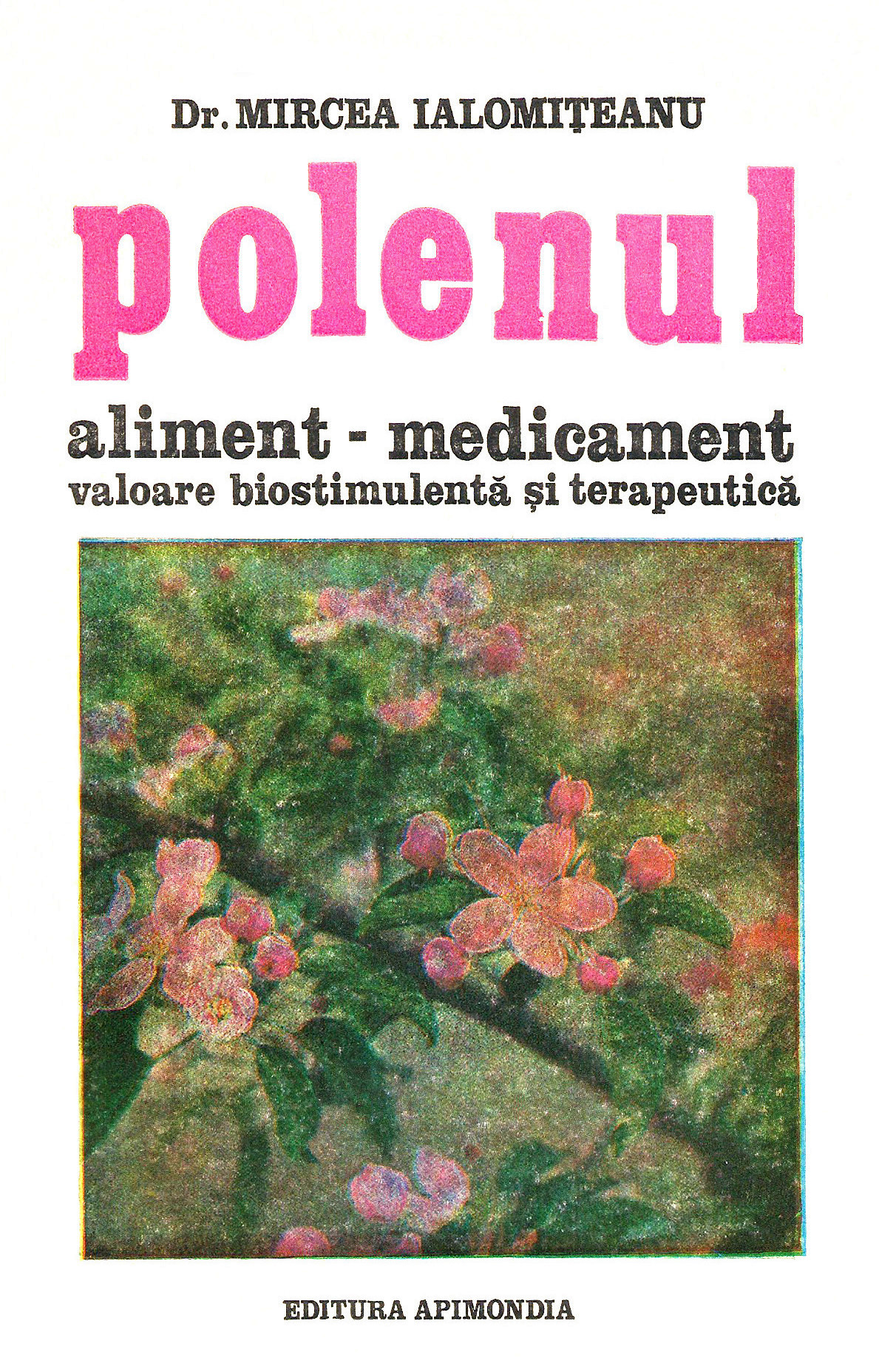
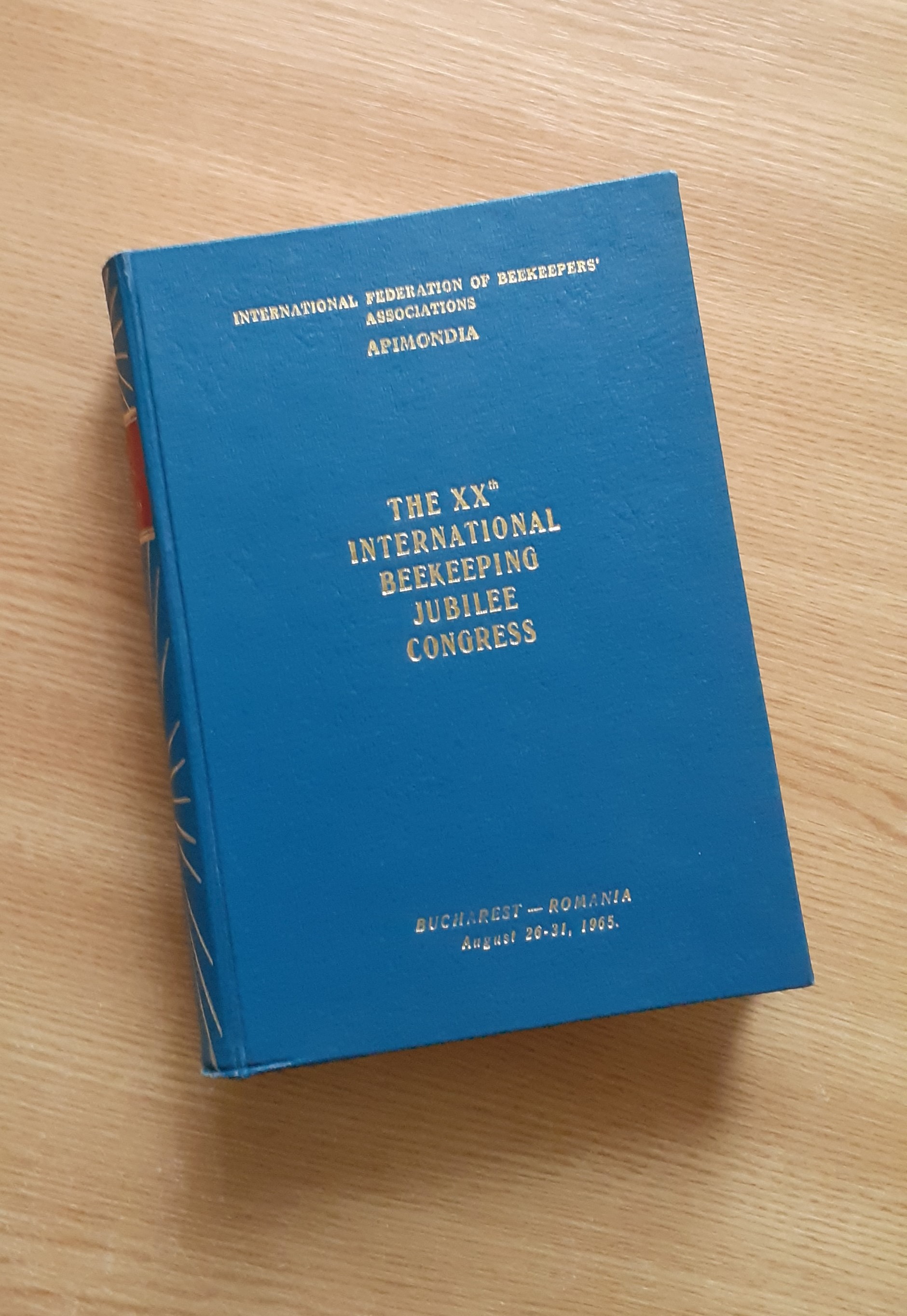
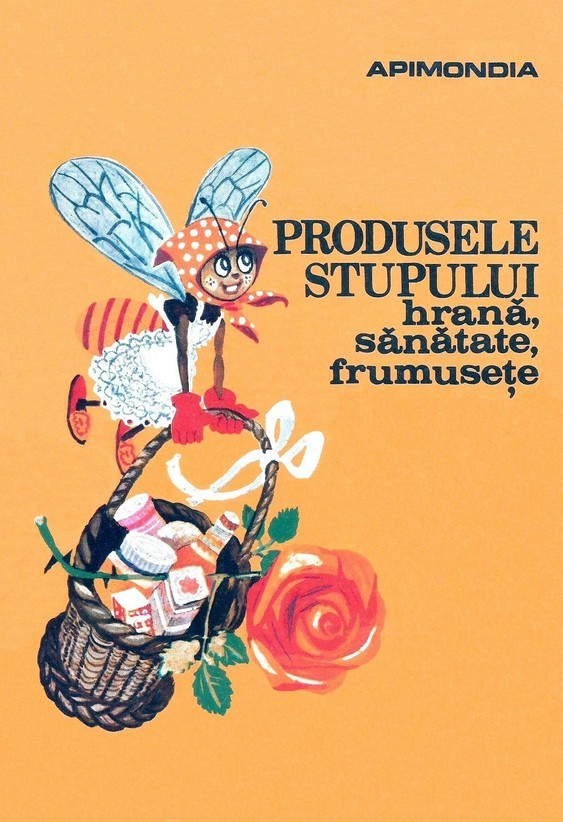
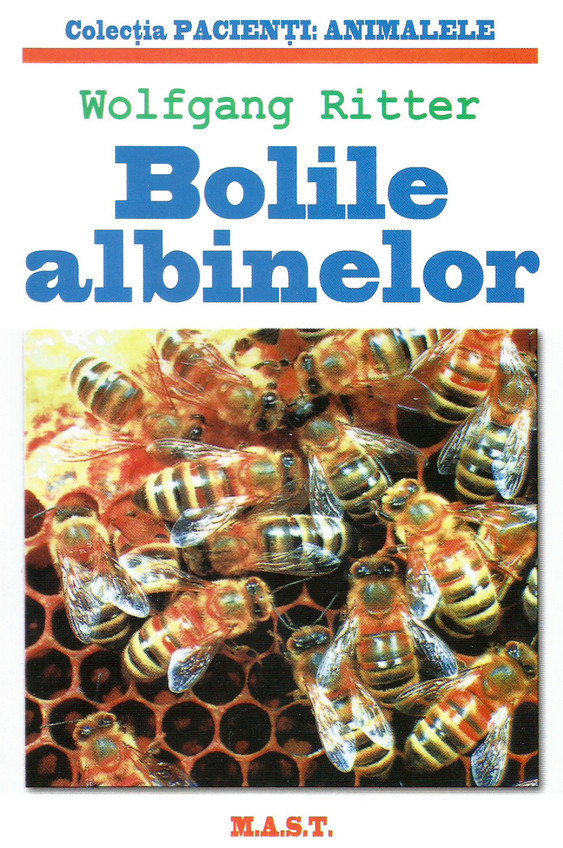
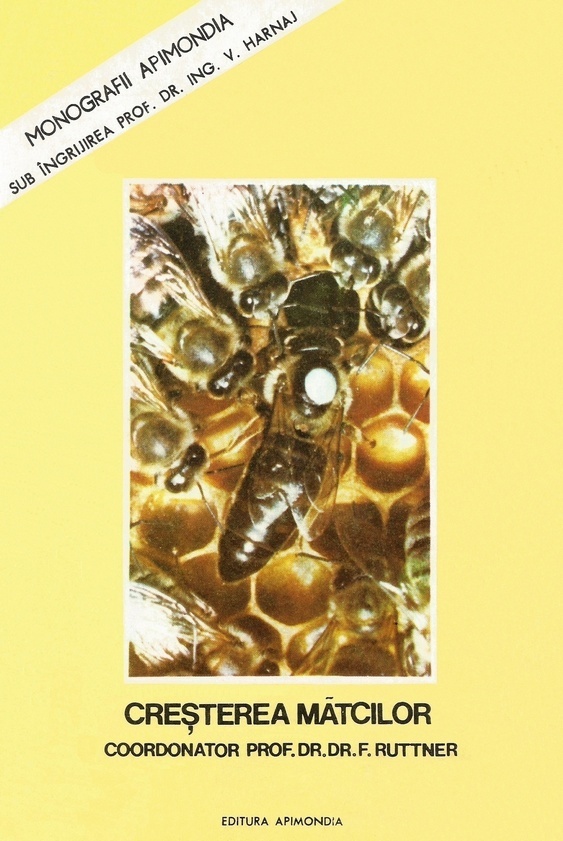
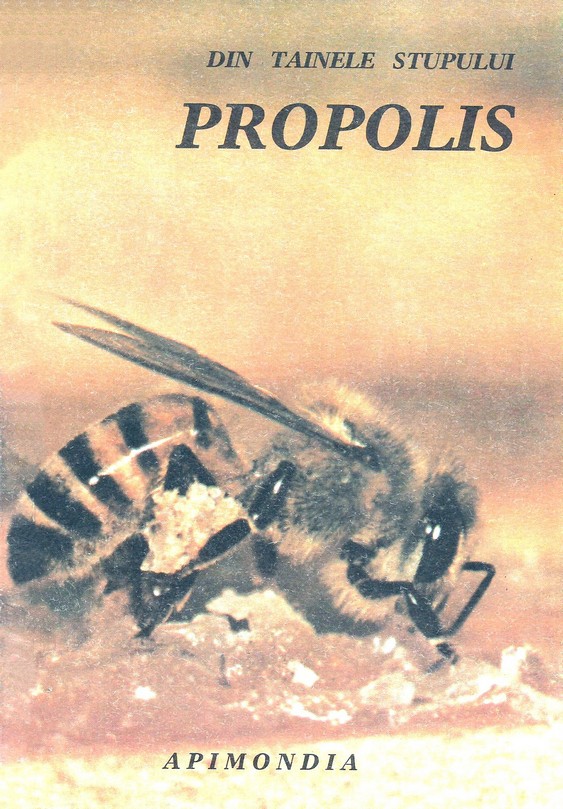
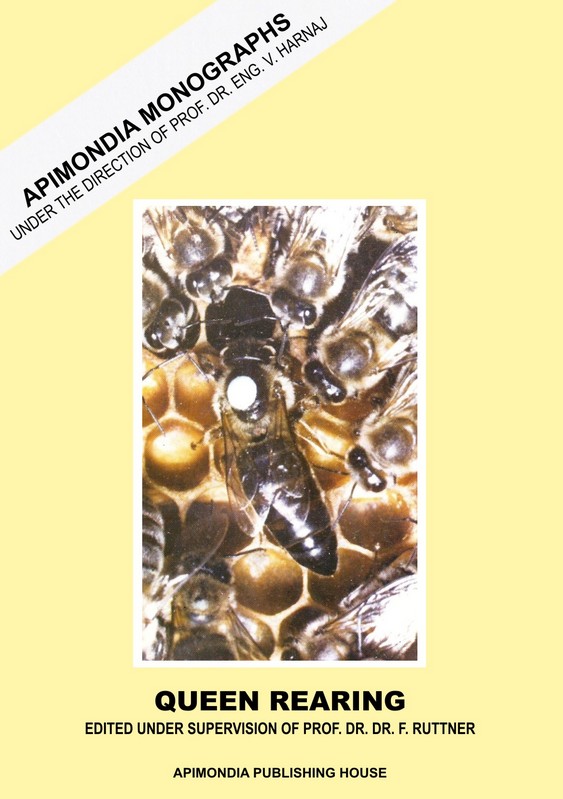
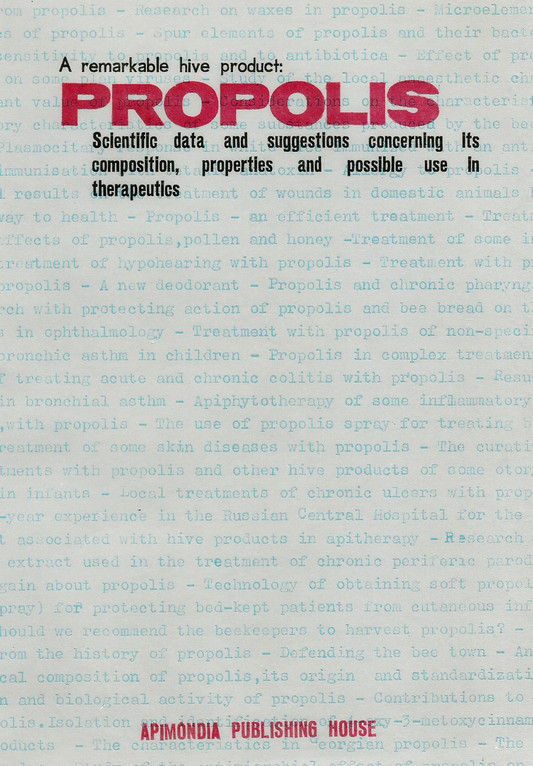
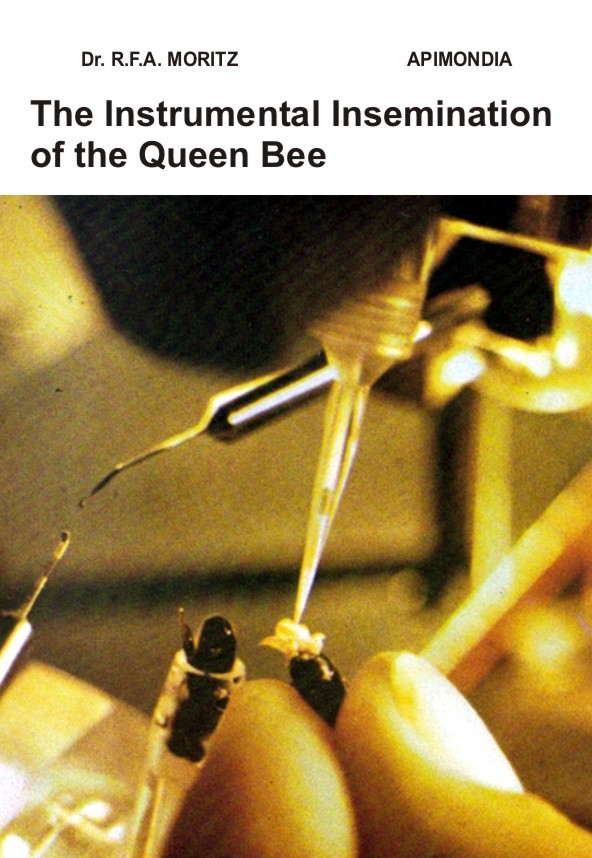
XXIII International Congress FPO "Apislavia",
02.19.2021
Honey Fraud Industry
On-line Conference,
8th November, 2020,
www.beeconf.com
FLAGSHIP PUBLICATION:
"Beekeeping contributes to achieve the Sustainable Development Goals"
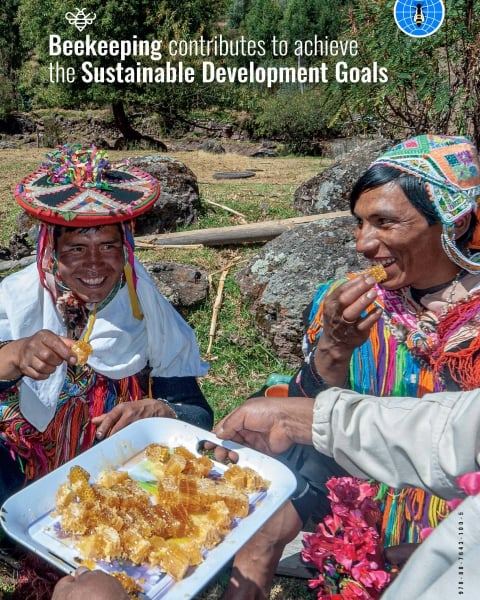
POSTAGE STAMP:
"Beekeeping in Belarus"
A special postage stamp "Beekeeping in Belarus" has been issued in Belarus for the XXIII Congress of the Federation of Apiculture Organizations "Apislavia". Interested beekeepers and collectors, send the required number of postage stamps "Beekeeping in Belarus" to E-mail:
vkamen@mail.ru
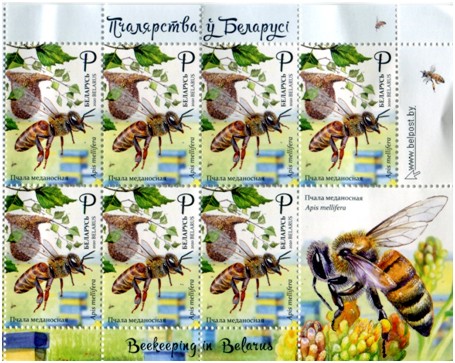
APIMONDIA
Press Release on the Standards of Protection Goals for Risk Assessment of Pesticides to Bees
XXIII International Congress of FPO "APISLAVIA",
September 18-22, 2020, Minsk
Al XII-lea Congres National de Apiterapie,
cu participare internationala,
11-14 octombrie 2019,
Bucuresti, sector 1, Str. Ficusului nr. 42 (I.C.D.A.) 11-12.10.2019 / nr. 40 (F.I.I.T.E.A.) 12 (18:00-20:00)-13.10.2019
Honey Festival
"Sweet days of Tetovo"
North Macedonia,
25 - 26 July 2019
General Assembly of the Balkan Federation of Beekeeping Organizations
Declaration
Slovenia, Gornja Radgona, 26th August 2018
Quality Standard "Good Beekeeping Practice Guide"
XXII CONGRESS OF APISLAVIA,
Moscow, RUSSIA,
9-13 September 2018.
Union of beekeepers and beekeeping organizations of the country "BEEKEEPING"
2nd International Marmaris Apitherapy & Apicultural Products Symposium,
14-15 October 2017, Marmaris, Turkey
Al X-lea CONGRES NATIONAL DE APITERAPIE, cu participare internationala,
6-10 octombrie 2017, Sibiu, Romania
Targul Mierii Campina,
24-26 februarie 2017
XXI Apislavia Congress,
15-18 September 2016, Almaty, Kazakhstan
Al VIII-lea Congres de Apiterapie, Expo si Atelier practic cu participare internationala,
IASI, 30 octombrie -
02 noiembrie 2015
Targul de Miere,
1-2 octombrie 2011, Bucuresti
Targul de Miere,
12-13 martie 2011, Bucuresti
Targul de Miere, Bucuresti, 28-30 august 2009
Primul Simpozion National de Apiterapie si Apipunctura,
Bucuresti, 12 iunie 2009
Targ de contractari pentru Apicultura
Bucuresti, 3 aprilie 2009
Hazards of Pesticides to Bees
10th International Symposium
Bucharest, Romania
October 8-10, 2008
Second Announcement
Symposium on General Management and Best Beekeeping Practice
"Beekeeping Simple and Clear"
Bucharest - Romania
September 11-14, 2008
Traditional Holiday of Ukrainian Beekeepers
Savior of the Honey Feast Day
Visit to Kiev, August 17-19, 2007
1st Balkan Countries Beekeeping
Congress and Exhibition
29 March - 1 April 2007, Istanbul, Turkey
"Balkan Beekeeping Honeymoon"
|
 LINKS LINKS
|
|
 |
Homepage >
News and Events > APISLAVIA
NEWS: APISLAVIA
APISLAVIA MEETING IN BUCHAREST, ROMANIA
March 30 - April 1, 2001
The meeting was held at the IITEA Headquarters in Bucharest, Romania.
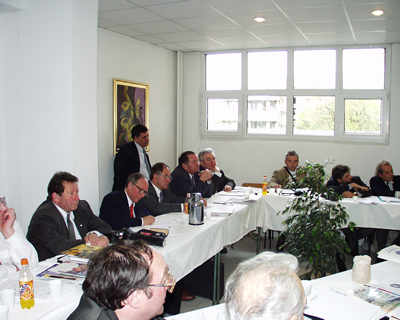
Participants: A. Jorgensen - APIMONDIA President; E. Schieferstein - APIMONDIA Vice-President; M. Peroutka - member of the APIMONDIA Executive Council; Josef Mandík, Czechia; Stefan Stefanov, Bulgaria; Ferenc Graf, Hungary; Peter Bross, Hungary; Josef Èižmarik, Slovakia; Marián Kandrík, Slovakia; Tadeusz Sabat, Polonia; Ryszard Palach, Polonia; Marek Slupczyñski, Polonia; Mika Mladenoviæ, Serbia; Desimir Jevtiæ, Serbia; Leonid Bodnarchuk, Ukraine; Victor Lysenko, Ukraine; Arnold Butov, Russia; Igor Krivopalov-Moskvin, Russia; Aurel Mãlaiu, Romania, President of the Romanian Beekeeping Association; Elisei Tarþa, Editor-in-chief, "Apicultural Romania"; Cristian Constantinescu, Managing Director, IITEA APIMONDIA; Marta Giogia, Economic Manager IITEA; Erika Dumitrascu, Editor-in-chief, "Apiacta" Journal.
Main conclusions:
-
An exchange of statistics;
-
Establishing a minimum selling price of honey;
-
Co-ordinating the use of drugs for strengthening the resistance in bees - there was suggested to substitute the above by drawing up a standard of using the beekeeping drugs;
-
To reintroduce the use of the Russian language among the APIMONDIA official languages;
-
Need of support from the authorities of the State - mainly as concerns allotting of sugar;
-
Exchange of EU market data - necessity of such a databank - establishing an Internet port for the IITEA.
Discussion
The price of honey is mainly influenced by four large producing countries : China, Russia, Mexico, and Argentina. As concerns Argentina, 12 years ago the Government started massively subsidizing beekeeping, especially exports. The Argentine Government brought in two men of science from Germany, and went to training the national personnel according to the European standards. The Argentine honey is now as good as the European one. The honey production raised three times, during the last 12 years. All countries importing honey must fight the price established by Argentina.
Russia: There are in Russia 3,800 thousand bee colonies, but the existing honey flora could provide for 9 million colonies. The actual production ascends to 0,7 million tons and shall raise to about 4 million tons in three to four years. There are now in Russia 550 thousand beekeepers, 20% of them professionals. Beekeepers are organized within district, region, and central associations. There are also many intermediate associations. Honey consumption ascends to 500 g per capita. There are 140 stores where beekeeping products are sold. In Cheliabinsk is presently operating the International Apitherapy Center, whose managing director is Dr. Igor Krivopalov-Moskvin. The main diseases dealt with are plate sclerosis and drug addiction.
Germany produces anually from 20 to 25 thousand tons of honey, and anually imports 80 thousand tons of honey. The German market is nonetheless very attractive for exporters, as the average consumption reaches over 1 kg of honey per capita. As a result, the German beekeepers should produce much over their possibilities to face the demand. The quality requirements are higher than in other European countries: the water and HMF content should be lower; honey should not contain antibiotic residua, and sulphonamide. German importers should certificate honey does not contain any of the above matters. Practically, the commerce raised the quality lath. Germans are selling honey by themselves (95% of the production). Lowering of consumption is not related to the imported honey but it is owed to the competition of other products: jelly, marmalade, nougat creams. The TV advertising of the same led to lowering the honey consumption. There is a demand of available data concerning the control methods for antibiotics and sulphonamides. A raise is recorded in the trade with honey and supplements: hazel and earth nuts, fruits, etc. There are countries that do not use antibiotics in treating their bees. From 2006 on, there will be prohibited the use of antibiotics as drugs for livestock. Presently, five large companies are operating the food market. If foods would be proven during 6 months in a row to contain antibiotics, they will be banned from sale.
Serbia: There are in the country 8,000 beekeepers. The present honey consumption reaches 600 g per capita.
Ukraine: They have now 3 million bee colonies, intending to raise this figure to 6 million by 2008. 90% of the beekeepers are private.
Czechia: 98% of the beekeepers are members of the Beekeeping Association. The honey consumption reaches 600 g per capita. Over 750,000 bee colones are currently used for pollination services.
PROGRAM SCHEDULE
APISLAVIA/APIMONDIA MEETING
IITEA-APIMONDIA BUCHAREST
MARCH 31 - APRIL 1, 2001
| FRIDAY MARCH 30, 2001 |
| |
Participants' arrival. Lodging at "Erbas Hotel" |
| 06:30 pm |
Pick up at hotel lobby |
| 07:00 pm |
Dinner at restaurant in town |
| SATURDAY MARCH 31, 2001 |
| Morning |
Participants' arrival. Lodging at "Erbas Hotel". |
| 12:00 pm |
Pick up at hotel lobby |
| 12:30 pm |
Visit of the IITEA premises |
| 01:00 pm |
Lunch at IITEA |
| 03:00 pm |
APISLAVIA/APIMONDIA meeting at IITEA |
| 06:30 pm |
Close of the first session meeting |
| 07:00 pm |
Buffet-Dinner/Reception at IITEA. |
| SUNDAY APRIL 1, 2001 |
| 08:30 am |
Pick up at hotel lobby |
| 09:00 am |
APISLAVIA/APIMONDIA meeting at IITEA |
| 12:30 am |
End of the APISLAVIA/APIMONDIA meeting |
| 01:00 pm |
Lunch at IITEA |
| afternoon |
Departure of participants |
| 07:00 pm |
Dinner at restaurant in town for participants who leave Monday. |
| MONDAY APRIL 2, 2001 |
| |
Departure of participants |
|
|
 |





